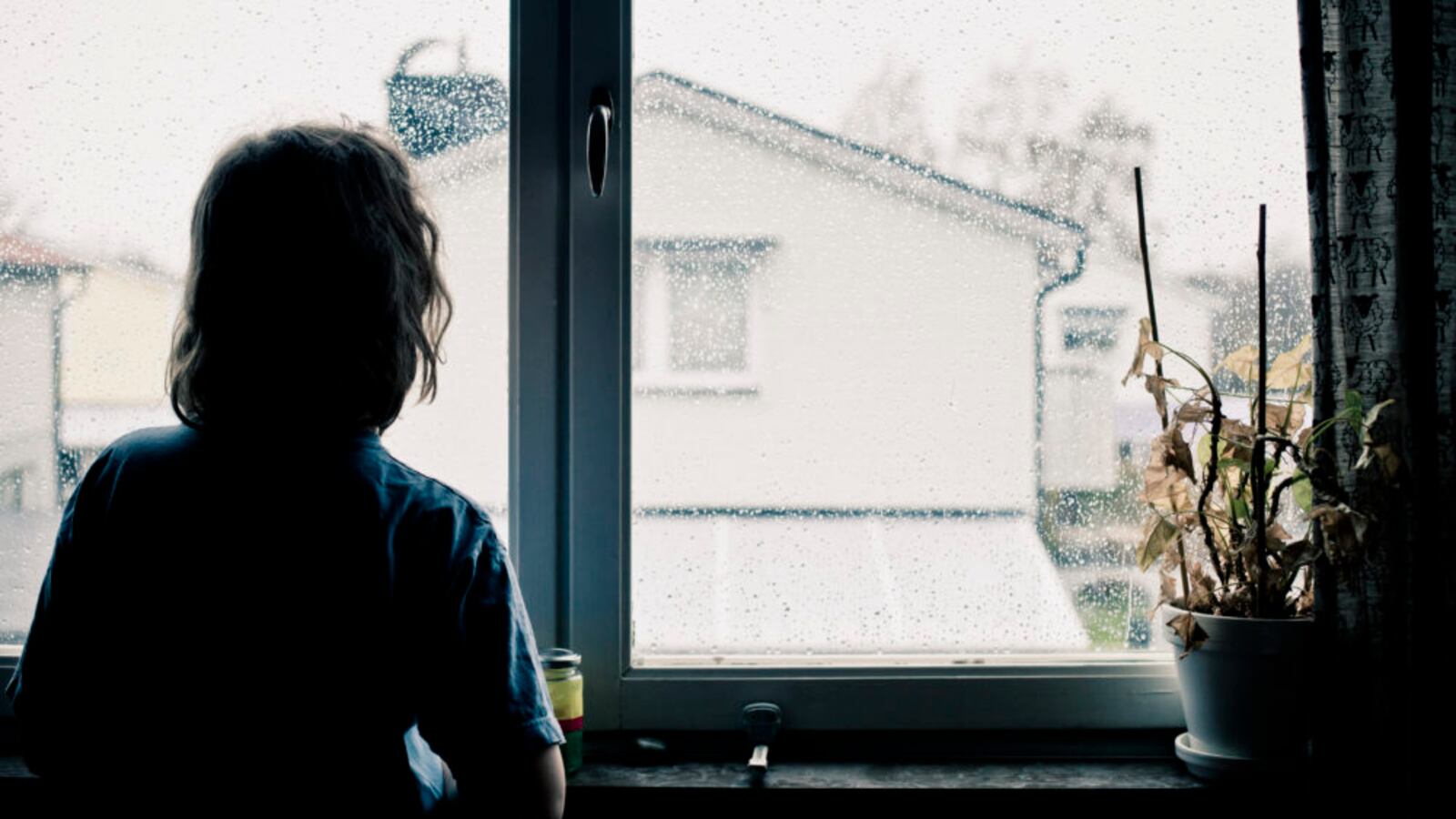Talking about suicide with young children can feel scary or inappropriate. But Jenna Glover, a child psychologist at Children’s Hospital Colorado, said broaching the subject can save lives.
“We have this fear that if we ask about it we’ll plant a seed,” Glover said. “There is no research to support that, and in fact, there is research that when we ask kids about their suicidal thoughts, they see a decrease in those thoughts.”
The death by suicide of a 9-year-old Denver boy in the first week of school has drawn awareness to the sad fact that young children try to and sometimes manage to take their own lives. Glover said it’s still very rare for children younger than 10 to attempt suicide, but it seems to be increasing.
In young children, restricting access to lethal means, like firearms, sharp objects, and prescription medication, greatly reduces the chances of attempted or actual suicide, Glover said. Lock boxes for pills, scissors, and knives can be bought at drugstores.
It’s also important for parents and schools to know that children who bully – and not just those who are bullied – have an increased risk of harming themselves.
“We’re quick to ask our kids, ‘Are you being bullied?’ But it’s just as important to ask our kids, ‘Are you bullying anyone?’” Glover said. The common denominators are hopelessness, a sense of social isolation, difficulty making or keeping friends, and troubles at school or at home.
Glover said it’s important for parents to keep lines of communication open and help kids deal with big emotions. Adults should ask kids not just how their day was, but also what hard things happened at school and how the child is feeling about them and coping. And parents should not be afraid of asking children if they’re thinking about harming themselves.
Here’s how to ask, according to Glover: Have you ever wished you could go to sleep and not wake up? If the answer is yes, follow up with, Have you ever thought about hurting yourself? If the answer is yes again, ask your child if they’ve thought about how and when they would do this, Glover said.
If a child has a specific plan, it’s best to go to the emergency department, Glover said. If the child doesn’t have a plan, arrange for a mental health evaluation as soon as possible and keep checking in with your child in the meantime to make sure they haven’t started to form a plan.
“If you ask your kids those questions, you’re going to be much more likely to be able to keep them safe,” Glover said.
RESOURCES
Colorado Crisis Line: 1-844-493-8255, coloradocrisisservices.org. You can chat online or text TALK to 38255.
Crisis Text Line: crisistextline.org. Text 741741 from anywhere in the nation to reach a counselor.
Mental Health First Aid Colorado: mhfaco.org. Classes teach participants the signs and symptoms of mental health challenges or crisis, what to do in an emergency, and where to turn for help.
Mental Health Colorado: https://www.mentalhealthcolorado.org/ This statewide advocacy organization offers a free mental health toolkit for schools.
Suicide Prevention Coalition of Colorado: www.suicidepreventioncolorado.org. The coalition works to reduce suicide through education and advocacy.
American Foundation for Suicide Prevention: afsp.org. The foundation pays for research, raises awareness, and provides support to those affected by suicide.
Colorado Department of Education: Bullying Prevention: cde.state.co.us/mtss/bullying. Find current research, best practices, and grant programs.

